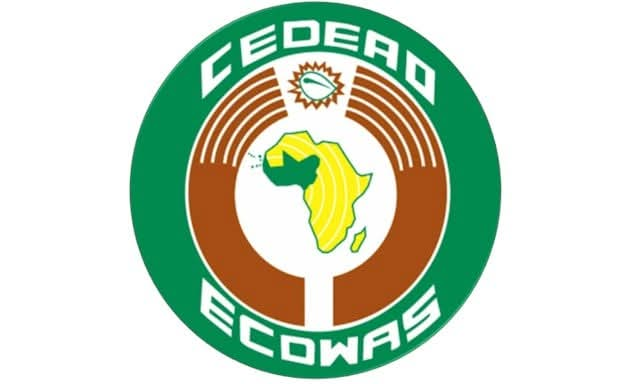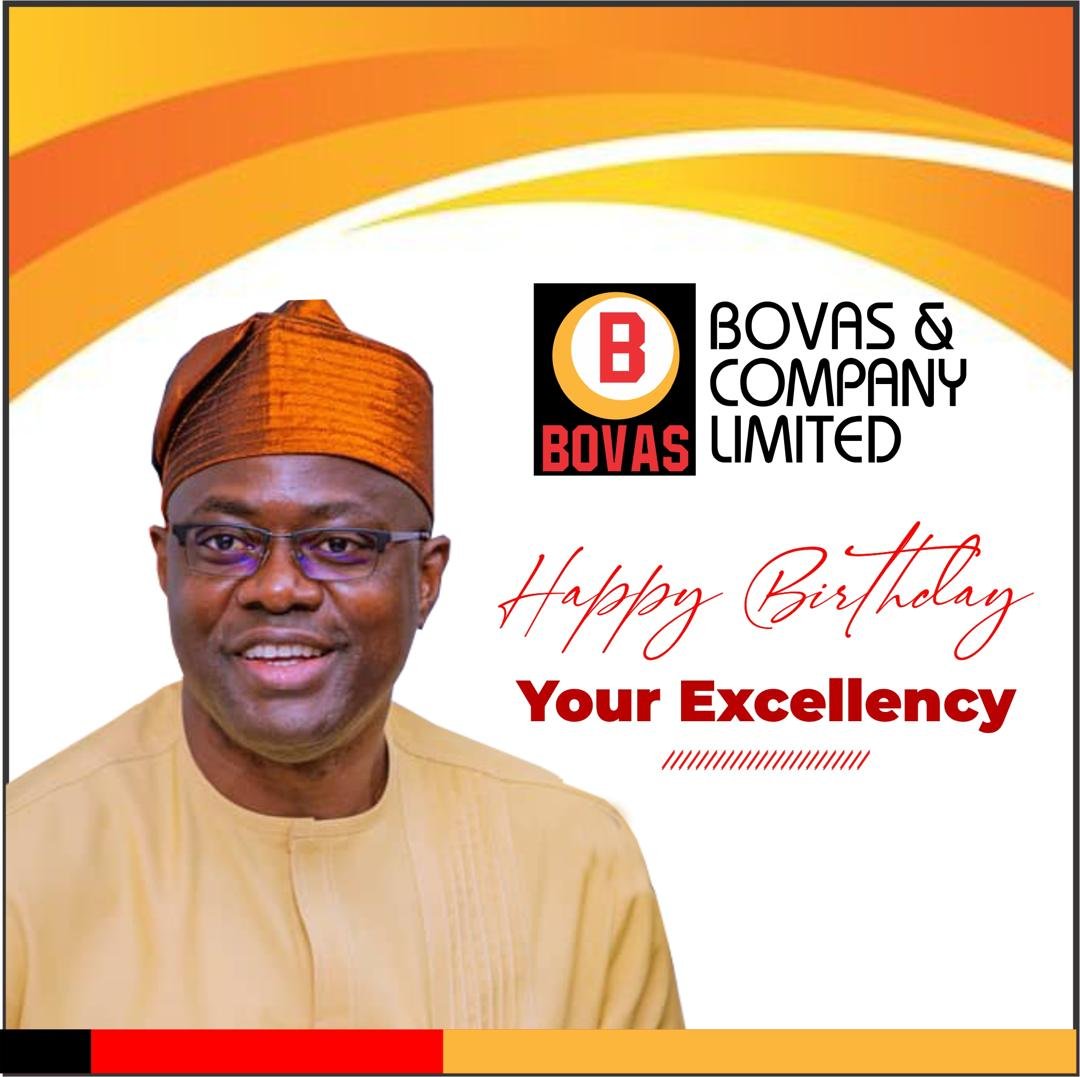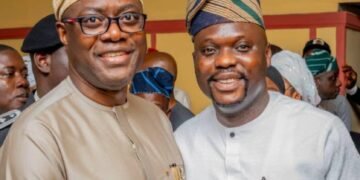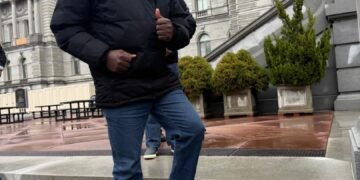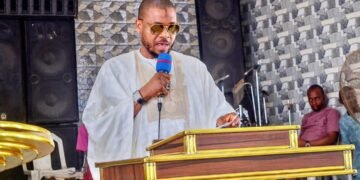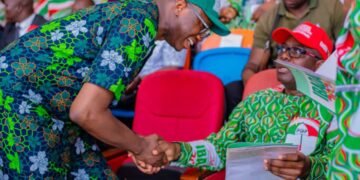Amid escalating tensions between the Economic Community of West African States (ECOWAS) and the Alliance of Sahelian States (AES), Dr. Benoît S. Ngom, President and Founder of the African Diplomatic Academy, has issued a clarion call for unity and reconciliation to preserve the region’s stability.
He warns that failure to resolve the crisis diplomatically could lead to the fragmentation of West Africa, with dire consequences for the subregion’s socio-economic development.
In a statement, Dr. Ngom emphasized that President Bola Ahmed Tinubu, current Chair of ECOWAS and Head of State of Nigeria, bears a historic responsibility to initiate a conciliatory approach toward AES leaders.
He urged Tinubu to seize this opportunity to reaffirm ECOWAS’s commitment to regional unity and prevent a damaging split that could tarnish his legacy.
“The current crisis, which threatens the secession of AES states, is a symptom of ECOWAS’s gradual deviation from its foundational mission of fostering economic integration and cooperation,” Dr. Ngom stated, recalling the organization’s early successes in promoting free movement and regional trade.
While commending ECOWAS for entrusting a reconciliation mission to Senegal and Togo, Dr. Ngom called for greater urgency in facilitating dialogue. He noted that the historical diplomatic contributions of Senegalese and Togolese leaders make them well-suited to lead this critical mission.
“ECOWAS must reaffirm its role as a mediator and rebuild trust among member states. The peoples of West Africa expect leadership that prioritizes unity and mutual prosperity,” he added.
Dr. Ngom also highlighted the dangers of sanctions and potential military interventions, which he described as counterproductive. He urged ECOWAS leaders to focus on long-term solutions, such as strengthening democratic institutions, promoting civic education, and addressing citizens’ grievances.
Addressing AES leaders, including Presidents Assimi Goïta of Mali and his counterparts, Dr. Ngom appealed for cooperation in ensuring the success of the reconciliation mission. He warned that any failure to do so would undermine Africa’s efforts to secure a unified voice on the global stage, including at the G20 and the United Nations Security Council.
“This is the century of major blocs. Africa must rise to the occasion by maintaining its unity and cohesion. History will judge us not by the conflicts we endure but by our ability to build a shared future,” he concluded.
As the region watches closely, Dr. Ngom’s call for unity resonates as a reminder that the fate of ECOWAS and its vision for a prosperous West Africa rests in the hands of its leaders. With time running out, decisive action is needed to avoid a crisis that could forever alter the region’s trajectory.


